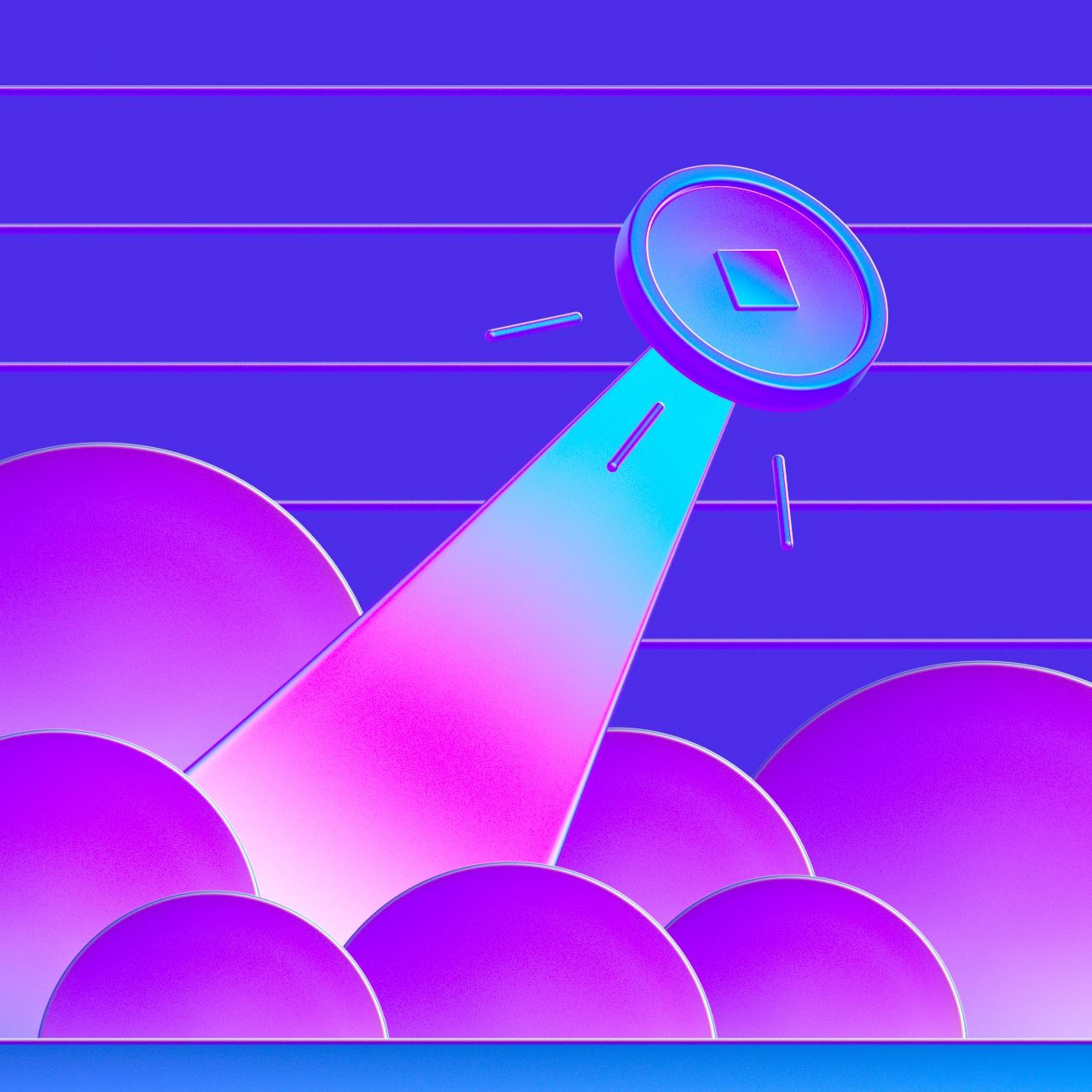5 proven strategies to pass the longevity test in enterprise SaaS procurement

Table of contents
There are many hoops to jump through within the SaaS procurement process. This is especially the case where the buyer is an enterprise, mid-market or government entity. Let's assume that you have already won them over with your product and have agreed high level commercial terms. What comes next is buyer due diligence. SaaS buyers want to make sure that you can address their needs and concerns before they sign on the dotted line.
One such concern that they will have is that of longevity. In past companies we often heard an enterprise buyer ask the following question: "How do we know you're still going to be around this time next year, or even tomorrow?" Or, "I'm putting my reputation on the line for you. How can I be sure that you'll not let me down?"
These are valid concerns. We've all heard the statistics that 90% of SaaS start-ups fail for one reason or another. I'm not sure how accurate that figure is, but I know from first hand experience that it has got to be up there. Experienced SaaS buyers know this too, and in almost all cases will have been 'burned' by this very issue with previous providers.
It's not helped by the fact that the SaaS market is being flooded with new entrants on a daily basis. A growing portion of these have been created using no-code app building solutions that someone with little to any software knowledge has created.
Furthermore, young SaaS companies are great at making themselves look all grown up and shiny. From team photo pages consisting of friends and family, to global offices that are no more than cheap mail forwarding addresses. The underlying reality may in fact be a 19 year old solopreneur running it out of their college dorm room. Nothing wrong with that per se, provided the buyer knows that is what they are dealing with.
So what can we, as SaaS vendors, do to give our customers and prospects the assurance that they need? How can we demonstrate that we will be around not only tomorrow, but in several years from now? How can we pass this longevity test?
Read on to find out.
Honesty is the best policy
First and foremost, you've got to be honest with your current and prospective customers. Lay it bare, no matter how uncomfortable it may feel. Remember, if you have gotten to the point of buyer due diligence then you have something that they want, maybe really want. This is a strong position to be in. So, if your team size is only three people working from home then that is what you should tell them. If your software development is subcontracted to a team in Bangalore then they have a right to know this, when they ask.
You should also understand that the vast majority of SaaS buyers are very experienced at what they do. They've seen it all before. They will already know more about you than they would have you believe. They are in effect testing you to see how transparent and honest you will be. If you embellish facts about your company you will be found out sooner or later. When that time comes it can not only ruin the relationship with your customer but tarnish your reputation in the marketplace.
Don't let that happen.
Compliance certifications
Something that is greatly reassuring to SaaS buyers is when young, lean SaaS companies demonstrate a mature mindset. They may not be mature yet, but they show that they are thinking and behaving like a bigger business that's in this for the long haul. Few things prove this more than a company achieving ISO certifications. It may be ISO 27001 for information security (most likely) or ISO 9001 for quality management.
SaaS buyers know that these certifications are not easy and require serious commitment, professionalism and hard work. This, by the way, is exactly the kind of metal that they are looking for in their vendors. It also saves everyone a bucket of time during the procurement process as with ISO certifications at the ready they won't need to conduct forensic assessments of your systems. Meaning less probing for you!
Holding ISO certifications is like holding a big banner up over your company:-
"Come work with us because we are a serious and professional organisation".
Financial stability
This is a tricky one for smaller companies with limited cash runway. We said earlier that honesty is the best policy and that remains the case. But, if you are very small and have little cash in the bank then it may indeed derail your prospects of winning the deal. Buyers don't like to work with SaaS vendors that are running out of cash and in effect need this very deal for survival. It's too big of a risk for them to take on, which is unfortunate of course as the deal could make your company.
For most real SaaS companies this tends not to be a problem. If you can show at least six months, or preferably twelve months, of rolling cash runway then you'll find that they'll move past this point pretty quickly. If you are struggling to show sufficient financial stability, and it's a big enough deal and / or logo, then you could go and raise investment off the back of the opportunity as quickly as possible. Yes, we all know that raising investment "quickly" is a lot easier said than done. But this may be one of those times when you make it happen, one way or another.
Numerous alternative dilution-free financing options have come to market recently and specialise in the SaaS sector. These are worth exploring if you are having difficulty finding funding through traditional means. If all else fails, you may have no choice but to keep chipping away at the SME segment until your bank balance is where it needs to be for enterprise.
Source code escrow
This is something that may come up in discussions with the buyer. When requested it can often be a sign that you are possibly failing the longevity test. Essentially, source code escrow arises when the buyer still wants your product and is throwing you a lifeline because there is no better alternative.
So what is source code escrow? It involves putting a copy of your source code and database schema into escrow with a third party escrow provider. In the event that your company goes out of business, the buyer gets your source code for internal use and they can continue to operate your SaaS application themselves.
Hmmm... if you're a SaaS founder or executive reading this, I'm sure the previous paragraph made you pause or even chuckle a little. Yes, you're right, we're going to say it here and now - source code escrow is the most absurd thing ever invented by the legal profession (you guessed it!). To think that a SaaS buyer can take over the development and operation of your SaaS platform in the event of your demise is preposterous to put it mildly. We'll save the detailed explanation for another time.
But, someone did make it up, and many enterprise SaaS buyers seem to like it for the box that it can tick. And from time to time it's something that you'll have to deal with. Again, you need to look at it like a lifeline that the buyer is throwing you, and it means things are getting serious.
We're not suggesting you push back on it, even though in practical terms it is pointless. Instead, go ahead and give them this assurance if that is what they want. If the deal is lucrative enough, and if they pay the escrow fees, then it's not that big of an issue for you. It's one of those things that is unlikely to ever come to pass, and if it did, it would be the least of your worries anyway.
Social responsibility etc.
This is another one for the 'maturity index', like the ISO certifications discussed earlier. Remember, SaaS buyers want to make sure that the significant investment that they are making in implementing your product is going to pay off. This investment is often several times the price tag of your SaaS. They want to know that you are going to be around for the long haul and that you aren't going to disappear in a year from now.
Few things speak more loudly in the 'language of longevity' than a young SaaS company already addressing matters such as social responsibility, sustainability, diversity and ethics. This is the making of a mature company, a forward looking company, one that is thinking about its impact on the world and how it can make it better.
Now, we're not for a moment suggesting that you undertake an exercise of addressing these concepts just so that you can win more deals. Some companies do this but if it's not genuine and not part of the essence or culture of your company then it can be seen a mile away. This ends up being counter productive.
But, perhaps these matters are truly important to you at this stage. Maybe you are planning to address them at some point anyway. If so, consider putting company policies and procedures in place now. This can, in turn, have the added benefit of helping you pass the longevity test during the SaaS procurement process.
As an aside; Upscaler is in effect a business process management system. This means that you can host the policies, procedures and records relating to social responsibility, sustainability, diversity, ethics and anything else within Upscaler, alongside your existing ISO management system.
Of course there are many other more fundamental things that you should be doing during the procurement process that collectively support the impression of longevity for your company. These include your professionalism, attention to detail, quality of documentation, timeliness of responses, customer references, enthusiasm for the deal, ability to hop on a plane and go meet the buyers (oh how we miss this!), etc.
Most SaaS companies do much of that pretty well already, otherwise you wouldn't be in the running and certainly wouldn't have gotten to this stage. But, if you really want to nail the longevity test and get the deal over the line, then the above five ideas are a sure way to go about it.
If you have any questions or would like to learn more about Upscaler don't hesitate to contact our team. We love to talk with SaaS companies and help them on their journey in any way that we can.
















